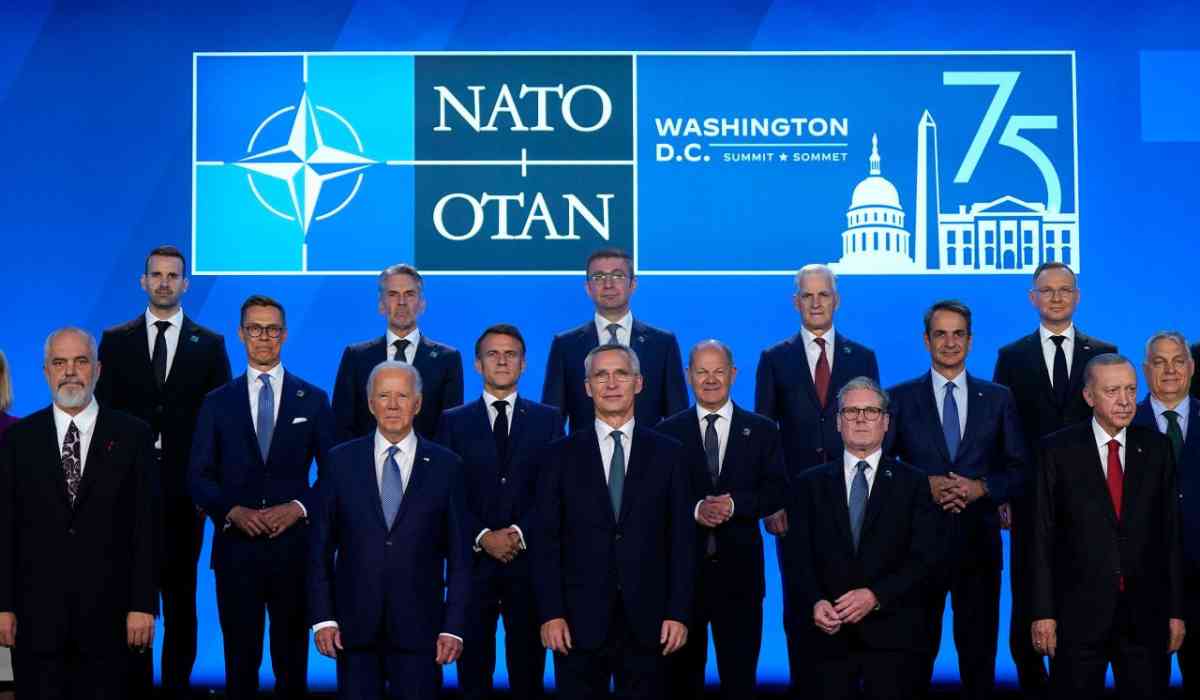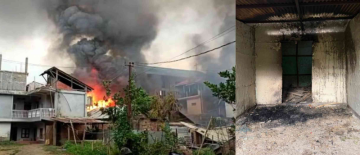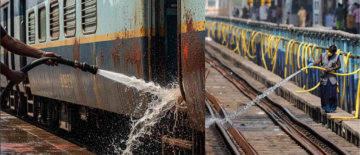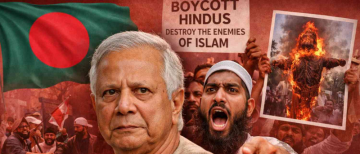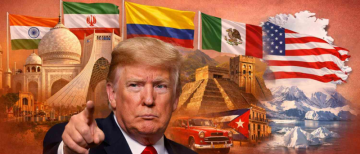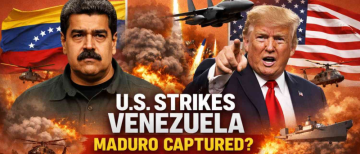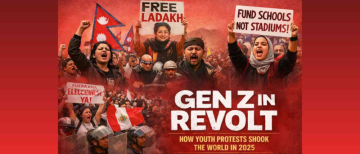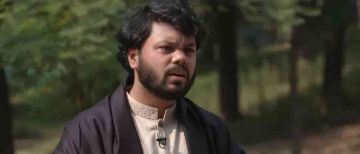United States President Joe Biden convened leaders of the North Atlantic Treaty Organization (NATO) in Washington, DC, from July 9th to 11th, marking the alliance's 75th anniversary amidst heightened security concerns stemming from Russia's actions in Ukraine and China's assertiveness in the Asia Pacific region.
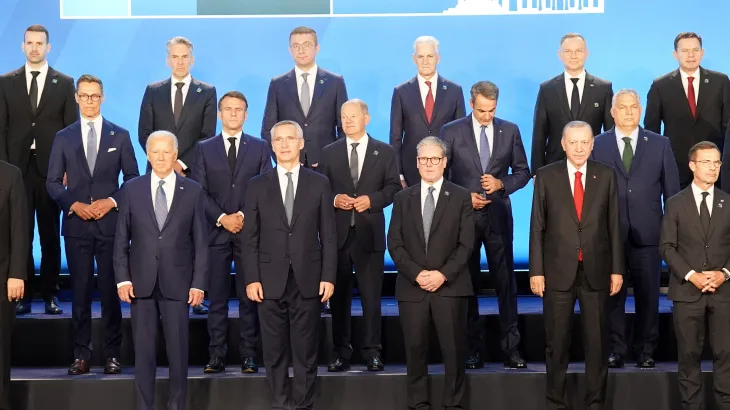
What is NATO?
NATO, the North Atlantic Treaty Organization, was established in 1949 during the Cold War to counter the threat posed by the Soviet Union. Central to its founding treaty is Article 5, which mandates collective defense among member states. This principle stipulates that an attack on one member nation is considered an attack on all, thereby deterring potential aggressors. Over the years, NATO has expanded significantly, growing from its original 12 members to now encompassing 32, with Sweden becoming the latest addition in March.
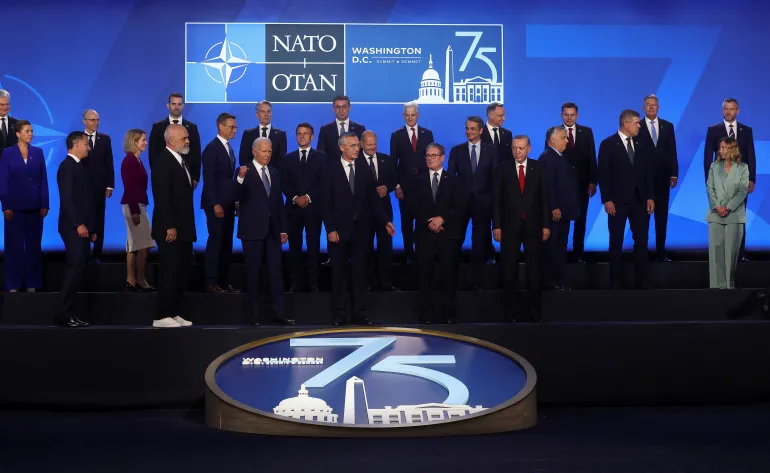
Who is Attending?
President Biden is hosting a distinguished group of attendees, including NATO Secretary-General Jens Stoltenberg and leaders from member nations such as German Chancellor Olaf Scholz, Italian Prime Minister Giorgia Meloni, Canadian Prime Minister Justin Trudeau, and Swedish Prime Minister Ulf Kristersson, attending for the first time.
In addition to NATO members, leaders from partner countries are also present. These nations, though not eligible for NATO membership due to Article 10 of the treaty limiting new members to European states, maintain close ties and cooperation with the alliance. Notable leaders attending include:
-
Ukrainian President Volodymyr Zelenskyy
-
Japanese Prime Minister Fumio Kishida
-
Australian Prime Minister Anthony Albanese
-
South Korean President Yoon Suk-yeol
-
New Zealand Prime Minister Christopher Luxon
European Union leaders, including Charles Michel of the European Council and Ursula von der Leyen, President of the European Commission, are also participating in the summit. The event further includes foreign and defense ministers, along with senior officials from NATO member countries and partner nations, underscoring the significance of collective security and cooperation in addressing global challenges.
Main Agendas
-
Support for Ukraine: A major focus was bolstering Ukraine amidst ongoing conflict. NATO allies pledged significant new support, including 40 billion euros over the next year, complementing bilateral contributions. Plans for a new military command station in Germany aim to enhance Ukrainian defense capabilities through training and equipment. While Ukrainian NATO membership remains contentious due to internal reforms and geopolitical tensions, allies expressed increased support.
-
Defense Spending: Attention was also on NATO members' defense expenditures. Originally set for 2024, the 2 percent GDP spending target saw 23 countries meeting or nearing compliance, up from nine in 2021. Challenges persist, notably with Canada's defense spending projections falling short, prompting bipartisan US concerns and Canadian commitments to increase funding.
-
China: Amid China's regional assertiveness, NATO reaffirmed support for Asia-Pacific allies like Australia, Japan, and South Korea. Concerns over China's activities in the South China Sea and its military collaboration with Russia prompted discussions on ensuring regional stability and safeguarding allies like Taiwan. NATO underscored collective interests in trade routes and regional security amidst rising tensions.
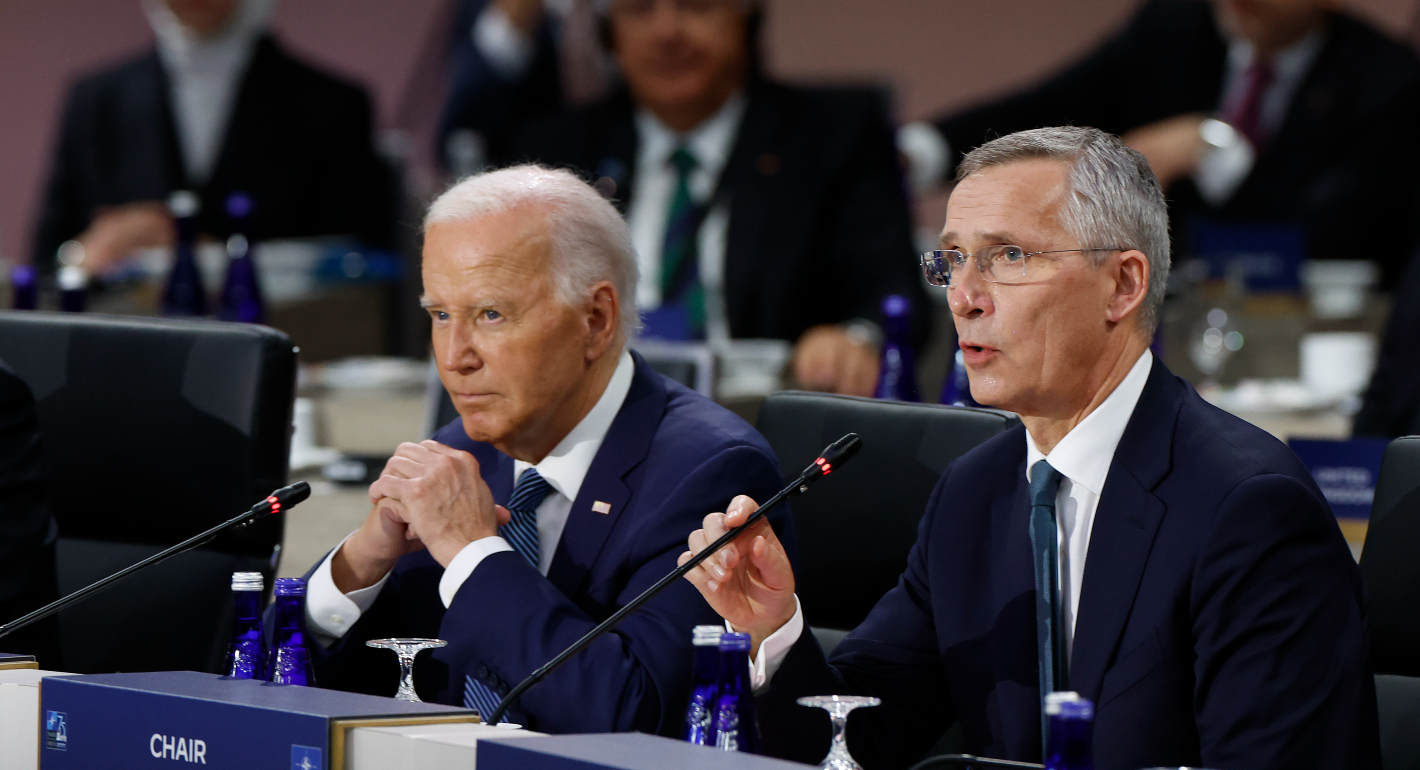
- Joint Declaration on Alliance Commitment
NATO member states convened in Washington, DC, issuing a 38-point joint statement reaffirming their commitment to the military alliance amidst Russia's ongoing invasion of Ukraine. The declaration highlights support for Ukraine's path towards full Euro-Atlantic integration, including NATO membership.
- Support for Ukraine
Ukrainian President Volodymyr Zelenskyy expressed gratitude as Denmark, the Netherlands, and Norway agreed to transfer US-made F-16s to Kyiv, bolstering Ukraine's defense capabilities.
- US Leadership and Alliance Unity
President Joe Biden emphasized NATO's importance, aiming to strengthen ties amidst electoral concerns. NATO leaders identified Russia as the primary threat to Euro-Atlantic security, condemning its actions in Ukraine.
- Defence and Readiness
NATO members have fulfilled defense spending commitments, reinforcing collective defense with over 500,000 forces at high readiness. The alliance plans to enhance air and missile defense systems and defense industry cooperation.
- Future Outlook and Women, Peace, Security
NATO Secretary-General Stoltenberg assured continued support for Ukraine's NATO aspirations, emphasizing resolution of the conflict.
- Canadian Commitment
Canadian Prime Minister Justin Trudeau underscored NATO's strength, pledging enhanced defense contributions amid global security challenges.
- Revised Policy on Women, Peace, and Security
NATO countries endorsed an updated policy addressing modern security threats, including gender-based violence facilitated by technology and climate-related security concerns, amidst ongoing conflict in Ukraine.
With inputs from agencies
Image Source: Multiple agencies
© Copyright 2024. All Rights Reserved Powered by Vygr Media.

